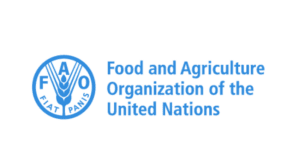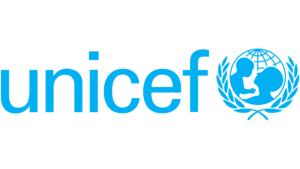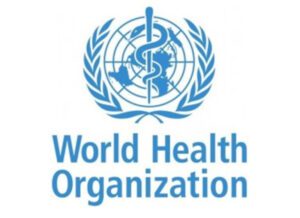
Cholera death toll rises to 29, infections 579 in Lagos
The Lagos State Commissioner for Health, Prof. Akin Abayomi, says fatalities from the state’s cholera outbreak have risen to 29 deaths and 579 suspected cases across multiple local government areas in the state.
Abayomi announced this during a state multiagency news conference and update on cholera outbreak on Monday in Lagos.
The commissioner also announced laboratory confirmation of 43 cases, noting that Lagos Island, Kosofe and Eti Osa, recorded the highest numbers of infections.
“Most of these deaths were caused by patients presenting very late at a stage where we could not resuscitate them because they had severe dehydration, and many patients were actually brought in dead.
“Out of all the samples we were able to collect, we were able to identify vebrio cholera.
“So, this is indeed a confirmed case of the cholera outbreak by a subtype O1 that is known to us to be very contagious and to cause significant sickness in those that contract it.
“Many children came down with cholera, many students, lots of traders, and artisans, those were the predominant cases and these we suspect are people that are in crowded areas,” he said.
He said that the state recorded severe cases that led to fatalities due to severe dehydration, while some were resuscitated at the Infectious Disease Hospital, Yaba.
“Some of these cases their kidneys had shut down from the severe dehydration and at that facility, we had access to renal dialysis; so, we were able to wake the kidneys back up with renal dialysis and rehydrate them.
“Those are the kinds of cases that we still have on admission because they were very, very severe. We were able to rescue them from dying,” he said.
The commissioner further said that 30 patients were left on admission as of June 23, noting that the cases were declining in the state.
Speaking on the distribution of cases based on visitation to health facilities, Abayomi said that 209 visited general hospitals; 193 primary healthcare centres; 152 private hospitals, military/police hospital 14, eight tertiary hospitals and 12 unknown health centres.
Abayomi advised citizens to seek medical attention immediately if they experience symptoms such as watery diarrhea, vomiting, abdominal pain, general malaise and fever.
He stressed that immediate action on rehydration was key to survival, adding that oral rehydration salts (ORS) should be promptly introduced.
The commissioner added that treatment for cholera was provided free of charge at all public health facilities in the state.
On prevention measures, Abayomi advised citizens to drink safe water that’s boiled, treated, or bottled and eat food that’s thoroughly cooked and hot, and avoid raw foods.
He advised citizens to maintain high hygiene by washing hands with soap and clean water regularly and using proper sanitation facilities and disposing of waste properly.
The commissioner stressed that the state was intensifying its public health prevention campaigns to prevent a resurgence.
Abayomi reiterated the state government’s commitment to ensuring that residents of the state receive quality and affordable health care.
According to the World Health Organisation (WHO), cholera is an acute diarrhoeal infection caused by ingestion of food or water contaminated with the bacterium Vibrio cholerae.
Cholera can cause severe acute watery diarrhea and the severe forms of the disease can kill within hours if left untreated.
The health agency confirmed a cumulative death of 194, 897 deaths and 1,932 cases globally as a result of cholera outbreak in 24 countries.




